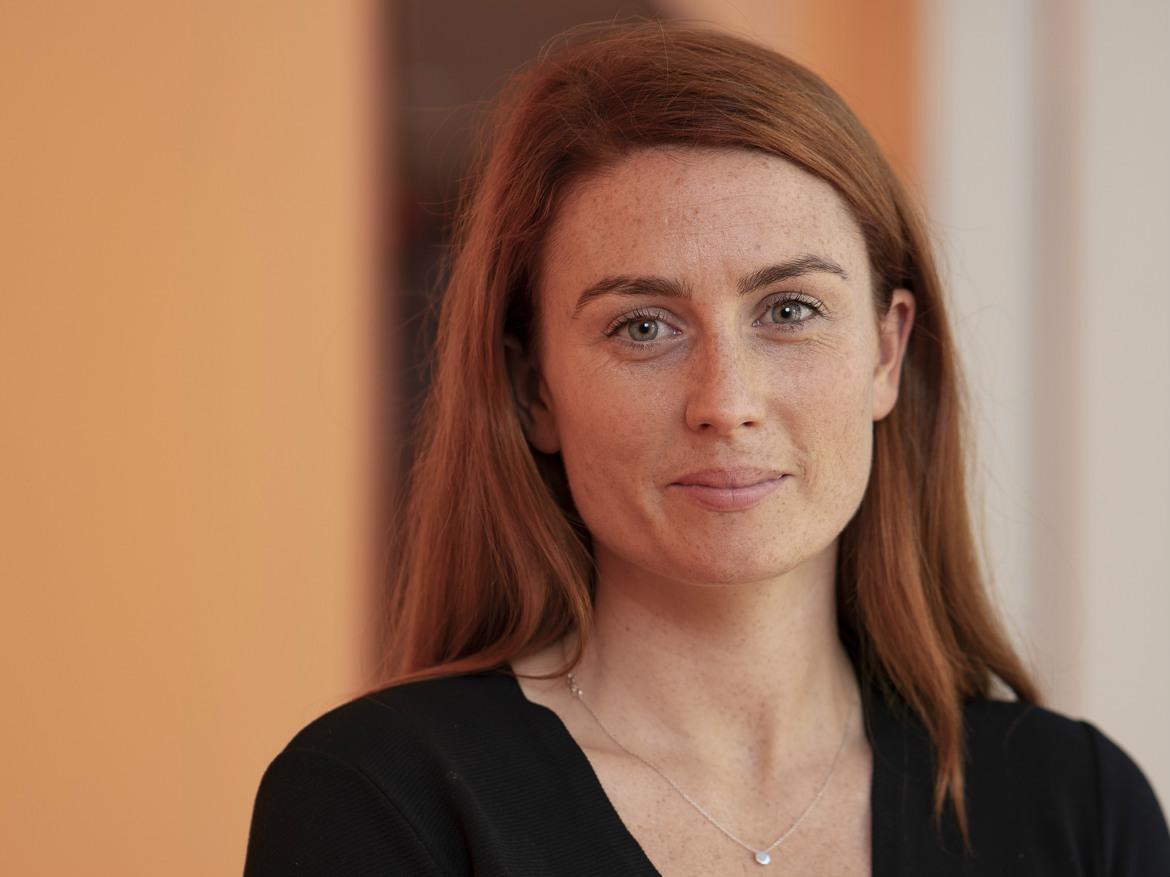Curbing chemo

Being diagnosed with cancer, one of the world’s most enduring and undiscriminating killers, is distressing enough. But making it a doubly cruel blow is the fact that undergoing one of its most effective treatments, chemotherapy, can itself be utterly debilitating, and even life threatening.
Worldwide, anywhere from 60-80% of patients treated, depending on the dosage and type of chemotherapy used, experience discomforting side-effects such as diarrhoea, heightened pain sensitivity and, in some cases potentially lethal complications such as organ failure and blood poisoning.
Thanks to our researchers, however, those numbers appear set to drastically improve. Led by NHMRC Postdoctoral Research Fellow and 2018 Qiagen Microbiome Award Winner Dr Hannah Wardill, the research team has identified a single immune receptor as the likely common trigger for two major sources of chemo-related symptoms.
“Our research has focused on the immune receptor known as Toll-Like receptor 4 (TLR4),” says Dr Wardill, “which has been implicated not only in the development of gastrointestinal symptoms, but also appears to control people’s sensitivity to pain.”
According to Dr Wardill, TLR4 recognises signals produced by pathogenic (“bad”) bacteria in the gut causing an inflammatory response that is exacerbated by chemotherapy. “By knocking out the TLR4 receptor in our test animals, we saw improvements across all key markers of gut toxicity, as well as signs of reduced pain.
“This is the first time a tangible link has been identified between gastrointestinal and neurological toxicity following chemotherapy, and further highlights the communication that exists between the brain and the gut.”
Greatly encouraged by these findings, published in the respected journals Cancer Treatment Reviews and Molecular Cancer Therapeutics, Dr Wardill’s team has now turned its attention to understanding how certain bacteria interact with this receptor and to identify methods of intervening.
“One of the most interesting things about the bacteria that live inside all of us is that they are highly unique, just like a fingerprint”. Dr Wardill and her team believe that the differences in peoples’ gut bacteria are critical in determining how they will respond to chemotherapy. To investigate this, Dr Wardill and Cancer Treatment Toxicity Group members, Ms Kate Secombe and Ms Courtney Subramaniam, have launched the PREDiCT Study.
“The PREDiCT Study is a large, multi-centre cohort study where we recruit people scheduled to receive chemotherapy.” Dr Wardill’s team collected stool, saliva and blood from participants before they start chemotherapy and hope to identify factors that could be used to predict how a patient will respond to treatment.
“At the moment, we are focused on the symptoms of diarrhoea and neurocognitive impairment” says Dr Hannah Wardill, “as there is the best evidence to suggest that these side effects are affected by the signals generated by gut bacteria”.
A particularly exciting aspect of this research, adds Dr Wardill, is the potential to prevent certain side effects by manipulating a person’s gut bacteria. Dr Wardill outlines in her recently published review in EBioMed that faecal microbiota transplantation, or FMT, may be a simple method of maintaining or restoring the diversity of bacteria in our guts, and that this is likely to have a positive impact on the outcomes of cancer therapy.
Dr Wardill is currently collaborating with Dr Sam Costello, of the BiomeBank in South Australia, to establish a faecal transplant service for people with blood cancer to prevent some of the most debilitating complications of treatment.
“We are currently developing an autologous stool bank in which patients donate stool before they start their treatment, which we then re-administer to them after chemotherapy”.
Dr Wardill and her team are hoping that this approach will prevent GvHD, a common and debilitating side effect in stem cell transplant recipients.
The number of people now surviving their cancer diagnoses is increasing and we are faced with a growing population of people who are burdened by the acute and chronic complications of their treatment. Measures that prevent treatment-related morbidity and mortality are required now more than ever to ensure people achieve the best possible outcomes.
“It would be a fantastic step forward for millions of people all over the world."
Featured researcher
Dr Hannah Wardill
NHMRC CJ Martin Biomedical Research Fellow at the South Australian Health and Medical Research Institute
Adelaide Medical School
Faculty of Health and Medical Sciences

